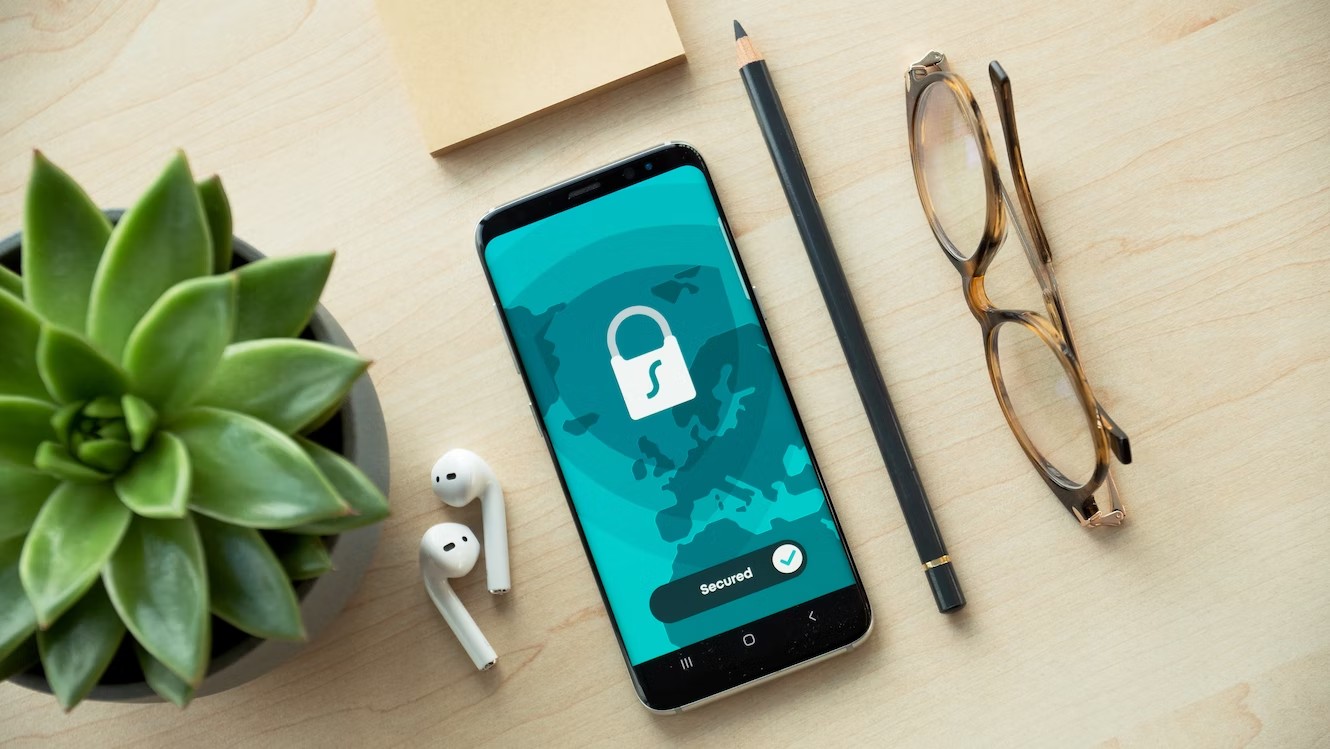
What’s cybersecurity and why it’s important
As per an official definition of cybersecurity, it refers to the state of having electronic data that is safeguarded from misuse by criminals or unauthorized parties, or the steps that are taken to achieve this.
In other words, all the actions that individuals and businesses both utilize to prevent illegal access to data centers and other digital systems. These could be personal computers, smartphones, tablets, or any kind of electronic device.
The importance of cybersecurity is only going to increase as there are more people, devices, and programs in the modern world, that involve an influx of personal data, most of it sensitive or confidential. The issue is made even worse by the increase in the quantity and level of sophistication of cyberattacks and hacking techniques.
To tackle cybersecurity issues, digital education is the only answer
Many of us don’t give much importance to how we behave online. Cybersecurity isn’t given the importance it should, and this leads to a greater risk in terms of data breaching where we could be exposing our personal data, such as financial information, to hackers and other people attempting to steal our data.
This is why we should take cybersecurity seriously and start considering it as a primary need of education. If we begin teaching our younger generations we will prevent them from falling into traps such as phishing or data theft.
But at the same time, everyday users of the internet should inquire and investigate the latest developments in terms of cybersecurity to remain up to date with the standard requirements they need to implement in their use of digital platforms.
One popular example of how people could be deceived by digital platforms is the famous Incognito Mode of Google Chrome. Marketed as an anonymous browsing technique, it still leaves a digital trail of users’ data. The privacy concerns about the browser are allegedly even being voiced by Google employees themselves.
Keeping tabs on recommendations and basic techniques to keep your information private
There are more effective ways to keep your browsing private if you’re hesitant to use Chrome’s Incognito mode, experts advise. If you want to be “incognito,” it’s advisable to avoid signing into any personal accounts and to use a VPN to mask your IP address. Additionally, you can set up one of the many browser add-ons that disable ad servers or tracking software, such as Chrome’s extension, Adblock.
You should also be always vigilant about the websites you explore and even more if you register and introduce personal data in order to log in and make use of the services available on an online platform.
A very sensitive subject is when using your financial information, such as credit card data, on websites that require payments. The iGaming industry is a perfect example of how the top and most reputable platforms put much effort into securing their client’s personal information. There are specialized websites that put together only the best online casinos for players to bet safely and give users tools to determine how good really a particular casino site is. Users get reviews, payment methods availability and even the bonuses and promotions available so everyone can make the best choice when playing in one of these platforms.
Lean on cybersecurity-specialized apps and services
As of today, almost any website, be it an online casino vendor, or a news platform requires you to log in from your side, meaning that you have to remember almost hundreds of passwords over the course of your life.
Many of us just use the same password all the time, but this again is a common misconduct in terms of cybersecurity. If any hacker would get their hands on the data of only one of the websites you use, he could have access to the whole rest of your online platforms.
This is where password managers come in handy. A password manager is a program created to handle and store online credentials. Furthermore, it creates passwords. These passwords are often hidden behind a master password and kept in an encrypted database.
You’ll only need to remember the master password, and the password manager will also make sure to create highly secured passwords for every login you make online. You’ll be alerted when you’re at risk of a phishing attack and most of all, will protect your online identity with very high cybersecurity standards.







